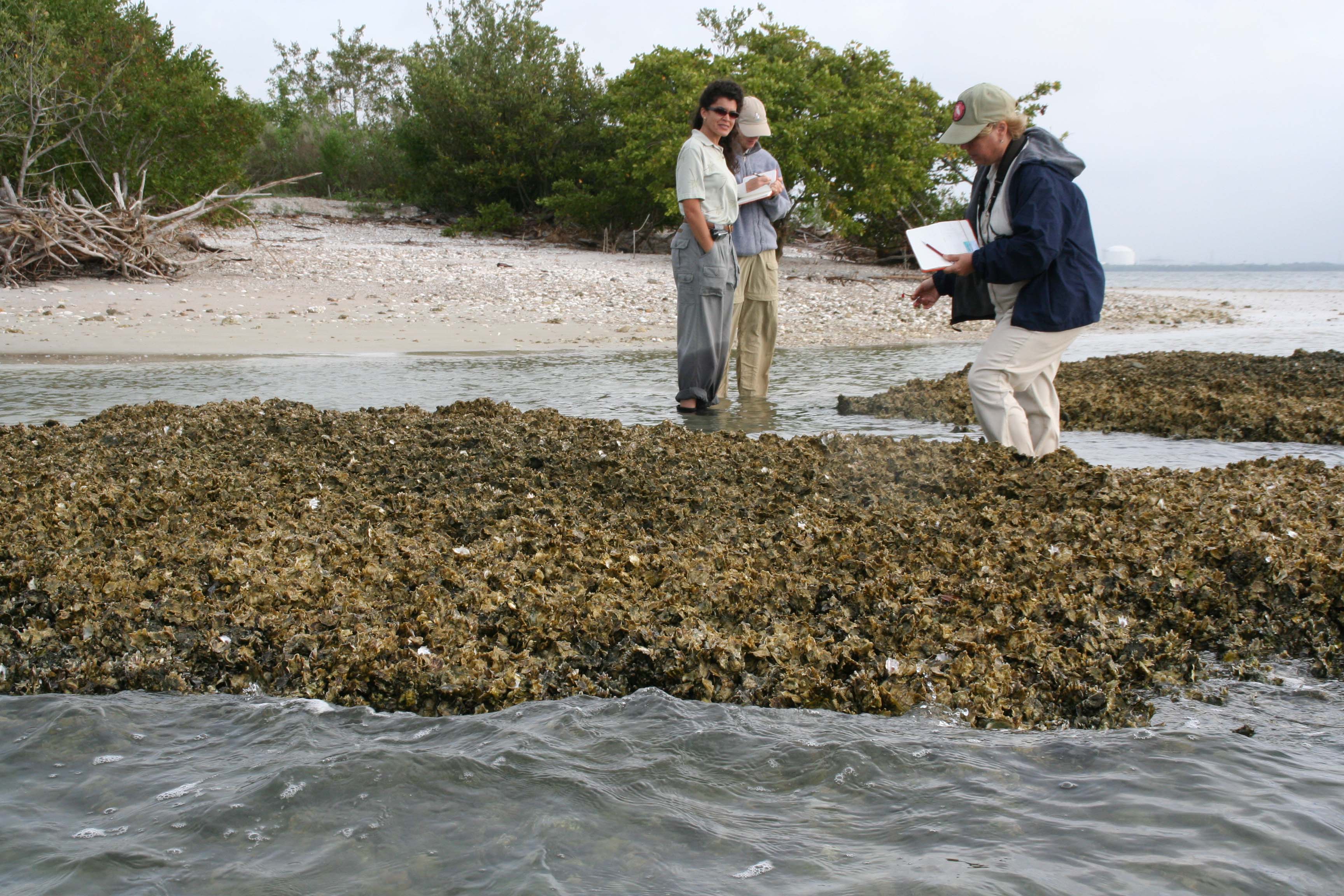Mulberry
Hazardous Waste Release | Polk County, FL | December 1997
What Happened?
On December 7, 1997, a breach occurred in a containment stack at the Mulberry Phosphates Inc. (MPI) facility in Mulberry, Florida. Approximately 50 million gallons of acidic process water was released into Skinned Sapling Creek, flowing into the Alafia River. The contaminated water ultimately traveled approximately 36 miles of the Alafia River before emptying into Tampa Bay.
What Were the Impacts?
The acidity and nutrient load in the released process water altered the natural balance of the river ecosystem for months. The pollution also affected water quality in parts of Tampa Bay.
Approximately 377 acres of freshwater wetland vegetation were affected, including eight acres of mature hardwood trees. In addition, large numbers of fish, blue crabs, and pink shrimp were immediately killed by the release. Impacted fish species included common snook, sand sea trout, striped mojarra, and hardhead catfish.
What’s Happening Now?
In 2003, a settlement was reached with MPI. Funds from this settlement are being used to carry out restoration in the Alafia River and greater Tampa Bay watershed. Projects include:
- Release of 154 juvenile snook into the Alafia River (emergency restoration; completed in 1998)
- Estuarine habitat restoration at MacDill Air Force Base: restored tidal hydrology, removed non-native vegetation, re-established appropriate wetland elevations through site grading, and planted native vegetation (completed in 2013)
- Oyster reef construction at MacDill Air Force Base: stabilized and enhanced shorelines by installing 1,781 oyster domes and 3,250 shell bags to restore 9,374 square feet of oyster reef (completed in 2013)
- Freshwater riverine habitat restoration at Stallion Hammock in Hillsborough County's Balm-Boyette Scrub Preserve: restoration of 18 acres of habitat (planning underway)
- Oyster reef restoration in Hillsborough Bay (constructed in spring 2015)
“This 1997 spill caused serious harm to an incredibly diverse collection of marine and estuarine life along 36 miles of the Alafia River, and upset the delicate balance and function of parts of Tampa Bay. Restoration is critical to regaining the lost species and habitats and to enhancing the resiliency of the Tampa Bay estuary. ”
Daphne Boothe
NOAA Marine Habitat Resource Specialist









